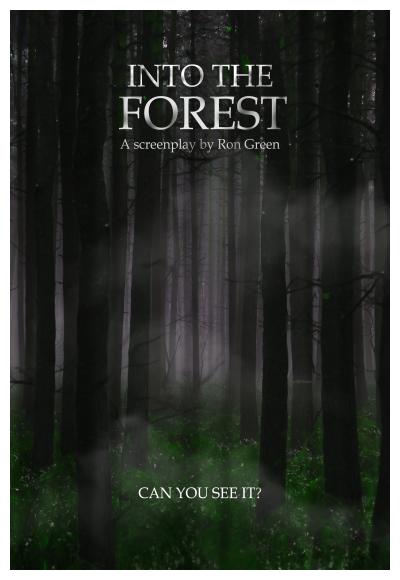Synopsis/Details
There are well trodden footprints leading from Martin Field’s village home, where he lives quietly with his fiancé Amy, to his garden shed. Within he makes and sells hedgehog houses. He’s very good at it. This is his life. And he’s bored. He wants more. He pines for a more fulfilling, exciting, glamorous existence. He wants to write. He calls himself a writer and declares his actual revenue stream- the hedgehog homes, a hobby.
Martin has anger issues. Everyone who witnesses his outbursts can see it. He hates bullies and stands up to them, often to, in fact usually to, in fact always to detrimental effect. After getting thrown out of A&E (again) Amy demands he seek professional help. The problem is, Martin doesn’t think he’s got a problem. He absolutely denies he has anger issues, despite the fact he learned how to make hedgehog homes while serving out a community service order course because of a fight he picked when he lost his temper (again).
Exasperated at his inability, or reluctance, to accept the truth, Amy ends their engagement and leaves him. In order to win her back, Martin must deal with issues he doesn’t accept he has or….be seen to be dealing with them.
Encouraged, or perhaps lead, by fellow villager, the enigmatic, self-made Dan Matthews, Martin starts a men-only talking group in the village hall. With zero experience and an absolute determination to listen to others while steadfastly refusing to open up himself, the first night doesn’t go to plan. He starts by swearing at the first attendee and ends by punching another. Between times, he hits on a clever but dangerous idea- surreptitiously recording the session with a view to using the material in his writing.
By the end of the first evening, he’s had enough. But Dan’s infectious enthusiasm once again convinces him to continue, even offering to fix what’s wrong with him.
The original idea came from regular text messages and VMs I have with my best friend. We talk about anything and everything and over time have come to realise this form of communication is not only important for our friendship, but for our mental health; we can unload and literally talk- which men of a certain age (2-100) aren’t considered great at.
Martin’s back story has been mined from aspects of my own (they say write about what you know) and the reasons for his anger will be revealed as the series plays out. Perhaps unsurprisingly they go back to his schooldays. The young Martin was an emotional and romantic open book. This made him easy to read and thus open to ridicule and bullying. At around the same time his parents’ marriage was disintegrating. His mum’s way of dealing with it and attempting to secure her future was to create a hard persona. Martin’s dad, from whom his emotional side came, was calmly powerless in the face of this hard-nosed onslaught. She took him to the cleaners, he shrugged it off, telling his young son he couldn’t fight the woman he still loved. Martin saw his dad’s stoic acceptance as weakness in the face of his mum’s apparent strength. And yet despite this, he learned from his mum. He created a mask to prevent him from being so easily read. It made him hard and distant and eventually, angry. He hated that he’d copied his mum in order to be less like his dad.
Much has been made of the difficulty for men to ‘share’ with professionals and peers. I, as a white male have experienced feelings of blame, guilt and emasculation on a personal and societal level since the valid Me Too and Black Lives Matter movements broke new ground in bringing attention to past and present behaviours attributed to my section of society.
In addressing the tricky and almost taboo issue of white males complaining of finding their place in the world questioned, it seemed obvious to tell such a story with humour.


